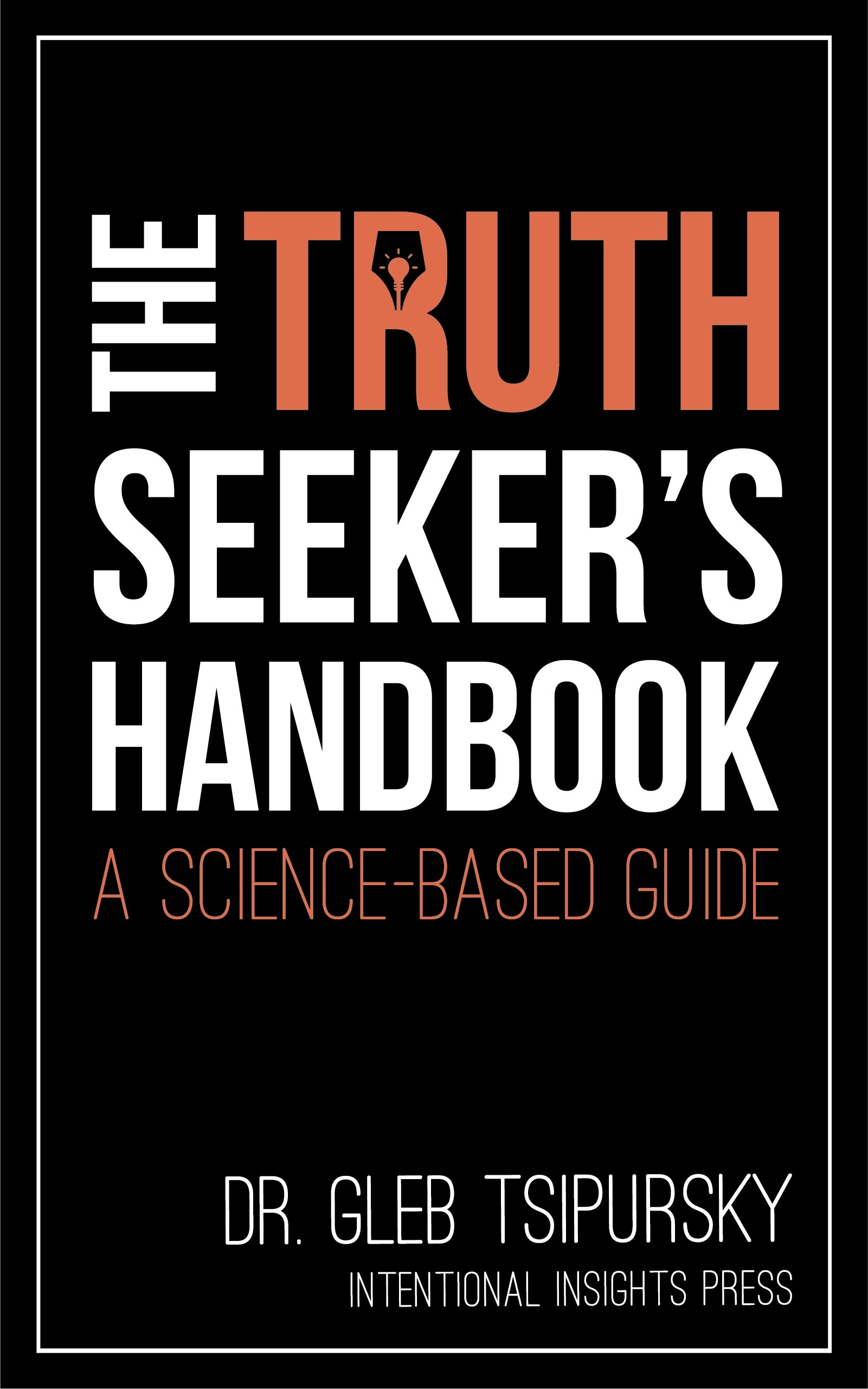
Never Go With Your Gut: How Pioneering Leaders Make the Best Decisions and Avoid Business Disasters
Book Description
Ditch your instincts before they lead you astray! In a world rife with uncertainty, "Never Go With Your Gut" unveils the secrets of pioneering leaders who bravely navigate chaos to make decisions that save their organizations and promote growth. With gripping real-world examples, Gleb Tsipursky dissects the cognitive traps that ensnare even the most seasoned professionals, revealing powerful strategies to sidestep disaster. As emotions clash and stakes rise, the tools for rational decision-making emerge as the ultimate salvation. Will you risk it all on instinct, or will you harness the science of sound choices to thrive against the odds?
Quick Book Summary
"Never Go With Your Gut" by Gleb Tsipursky is a groundbreaking business leadership book that challenges the long-held belief in trusting our instincts when making important decisions. Drawing from research in cognitive neuroscience and psychology, Tsipursky reveals how our natural decision-making processes are riddled with biases and mental pitfalls, which can lead businesses to costly disasters. The book empowers leaders to recognize these mental errors and embrace evidence-based decision-making as a safer, more effective alternative. Through real-world examples and practical strategies, Tsipursky provides a toolkit for leaders to improve judgment, avoid common traps such as confirmation bias and overconfidence, and make choices that drive both organizational resilience and sustainable growth in an uncertain world.
Summary of Key Ideas
Table of Contents
The Danger of Instinctual Decision-Making
Tsipursky opens by dismantling the myth that our instincts are reliable guides in business or leadership. He explains how millions of years of evolution programmed our brains for survival in a vastly different environment, making our gut feelings ill-suited to the complexities of modern organizations. This outdated wiring, he argues, often leads to hasty, emotionally-driven decisions that can have devastating consequences. The book uses case studies of high-profile business failures to illustrate how gut-driven calls frequently backfire, urging readers to abandon instinct as their default compass.
Recognizing and Overcoming Cognitive Biases
Central to the book is an in-depth exploration of cognitive biases—systematic errors in thinking that plague our judgment. Tsipursky examines pitfalls such as confirmation bias, overconfidence, and groupthink, showing how these biases infiltrate decision-making processes at every organizational level. He provides vivid examples of leaders falling prey to these mental traps, emphasizing the hidden yet pervasive role they play in business disasters. Recognizing and naming these biases is the first step towards neutralizing their impact.
Embracing Evidence-Based Strategies
Instead of instinctual reactions, Tsipursky champions evidence-based decision-making. He outlines practical tools such as premortem analysis, structured decision mapping, and scenario planning, advising leaders to embrace data, careful reasoning, and systematic checks rather than snap judgments. By implementing these evidence-based techniques, leaders can anticipate risks, think more strategically, and make choices that stand up to scrutiny even under pressure.
Harnessing Emotional and Social Intelligence
The book also acknowledges the important role of emotions and social intelligence—not as intuitive guides, but as factors to be managed purposefully. Tsipursky illustrates how emotions can cloud judgment or fuel cognitive biases, and offers strategies for leveraging self-awareness, empathy, and open communication to foster a collaborative, bias-resistant environment. Leaders are taught to create processes that account for emotional factors without letting them dominate key business decisions.
Building a Culture of Rational Decision-Making
Finally, Tsipursky extends his argument to organizational culture, advocating that rational decision-making be woven into the very fabric of teams and companies. He recommends establishing norms, training, and accountability measures that keep bias in check, ensuring consistent application of evidence-based principles. By building a workplace culture that values questioning assumptions, learning from mistakes, and collective reasoning, organizations can withstand uncertainty, avoid devastating mistakes, and ultimately achieve greater long-term success.
Download This Summary
Get a free PDF of this summary instantly — no email required.





